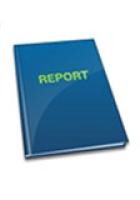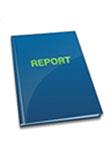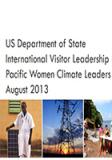Publications

Over 3 billion people continue to rely on solid household fuels—biomass and coal—in developing countries, with serious impacts to health and the environment. The latest World Health Organization (WHO) studies indicate that over 4 million people—predominantly women and children—die prematurely due to exposure to indoor air pollution from cookstoves.
In recent years, the World Bank has begun to scale up its efforts to address these problems with clean cooking initiatives in developing countries. This renewed effort complements the decades-long work of the World Bank to expand electricity access. The Energy Sector Management Assistance Program (ESMAP) of the World Bank has played a catalytic role in the renewed focus on the clean cooking sector through financial and technical support to partner countries and global analytical work.
ESMAP’s strategic engagement in the clean cooking sector includes:
• helping to broaden the scope of energy sector reform and policy dialog to include household energy access issues;
• producing analytical work to inform dialogue and to support technical assistance and lending operations; and
• helping to design and implement clean cooking interventions in World Bank operations.
Related links

